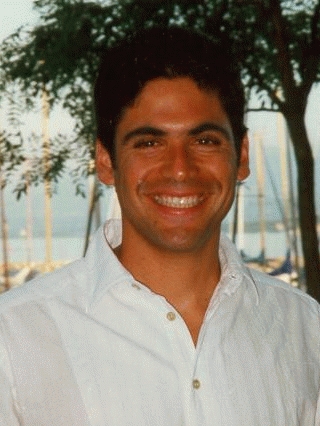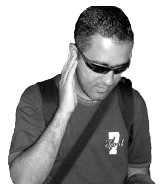 Prof Rachid Guerraoui, EPFL
Prof Rachid Guerraoui, EPFL
Generalized Universality
Résumé : Replicated state machine is a fundamental computing construct for it essentially makes a distributed system emulate a, highly available, centralized one using a consensus abstraction through which processes agree on common decisions. The idea is at the heart of the fault-tolerance of most data centers today.
Any sequential object is modeled by a state machine that can be replicated over all processes of the system and accessed in a wait-free manner: we talk about the universality of the construct and of its underlying consensus abstraction. Yet, consensus is just a special case of a more general abstraction, k-set consensus, where processes agree on at most k different decisions. It is natural to ask whether there exists a generalization of state machine replication with k-set agreement, for otherwise distributed computing would not deserve the aura of having an underpinning Theory as 1 (k-set consensus with k=1) would be special.
The talk will recall the classical state machine replication construct and show how, using k-set consensus as an underlying abstraction, the construct can be generalized to implement k state machines of which at least one makes progress, generalizing in a precise sense the very notion of consensus universality.
—
Rachid Guerraoui is Professor in Computer Science at EPFL where he directs the Institute of Theoretical Computer Science. He has worked in the past with HP Labs in Palo Alto and MIT. He is interested in distributed computing on which he wrote few books and papers.
Page pro : http://lpdwww.epfl.ch/rachid/
 Marcelo Dias de Amorim, NPA - LIP6
Marcelo Dias de Amorim, NPA - LIP6
Les données font du stop - Les réseaux routiers à la rescousse de l’Internet comme solution de décharge de trafic
Résumé : On observe depuis quelques années une augmentation vertigineuse de la quantité de données numériques générées, stockées et transférées dans le monde. Les architectures de communication classiques commencent à montrer leurs limites et les opérateurs réseaux commencent à faire appel à des solutions alternatives capables de « décharger » les canaux de communication principaux. Dans cet exposé, nous allons discuter la possibilité d’utiliser des véhicules banalisés comme moyen d’augmenter la capacité de l’internet. L’idée est de tirer partie des déplacements quotidiens de véhicules pour transporter de manière opportuniste des données volumineuses le long du réseau routier. Les données sont détournées du réseau Internet et transférées sur les véhicules dotés à cet effet de capacités de stockage. En particulier, nous allons regarder de plus près les véhicules électriques qui présentent des caractéristiques particulièrement intéressantes dans ce contexte.
—
Marcelo Dias de Amorim is a CNRS researcher at the LIP6 laboratory of the Université Pierre et Marie Curie, Paris, France. At his work, he is interested in finding and solving problems in the areas of mobile computing and social networking.
Page pro : http://www-npa.lip6.fr/~amorim/








